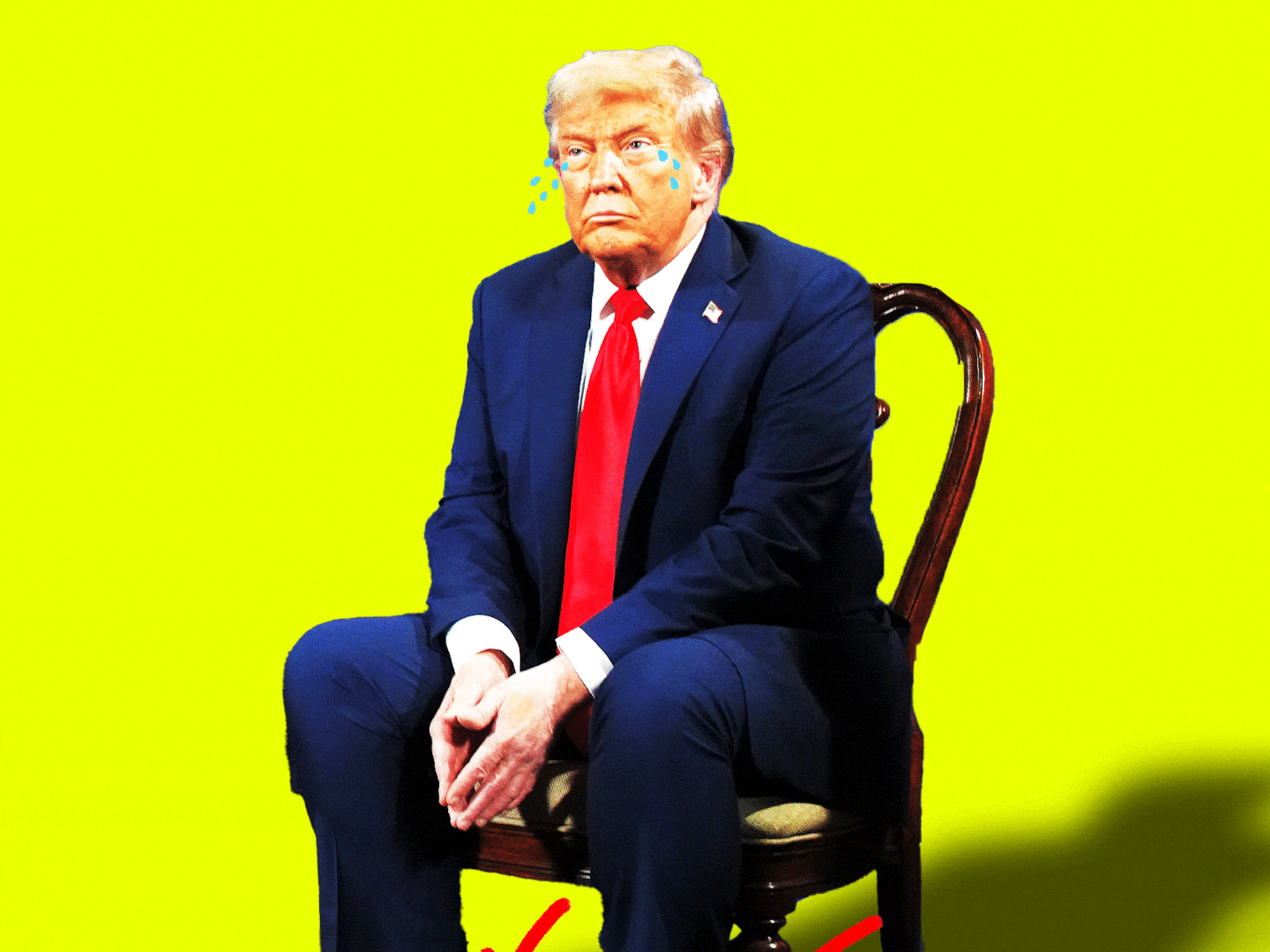Smartphones can feel your pain—literally.
A new study from Northwestern University’s Feinberg School of Medicine set out to explore whether an individual’s smartphone habits could be used to predict whether or not they were depressed. The results, published in the Journal of Medical Internet Research Wednesday, were staggering.
Measuring behavioral markers for depression through GPS and usage sensors, researchers were able to predict with 86 percent accuracy whether or not the individual was depressed.
The World Health Organization estimates that 350 million people worldwide, including 14.8 million Americans, suffer from depression. Despite these numbers, less than half receive treatment, often because they aren’t aware that they have the condition. The results of the study, if applicable to the real world, could hold a key to both diagnosing and treating clinical depression.
Led by Dr. David C. Mohr, director of Northwestern’s Center for Behavioral Intervention Technologies, the study tracked behaviors that previous studies have linked with depression, including hours spent in certain locations and time interacting with the phone. Forty individuals were chosen from Craigslist to participate in the study; with data from 28 ending up with sufficient enough to analyze.
Each participant downloaded a program the researchers coined the “Purple Robot,” a sensor data acquisition app that relies on things like GPS to gather data about behavior. While other studies have analyzed the daily social interactions of depressed people through phone sensor data, this was the first to explore the phenomenon using an individual’s geographic location.
“The significance of this is we can detect if a person has depressive symptoms and the severity of those symptoms without asking them any questions,” says Mohr. Since phones fit into the fabric of people’s lives, they could make for a simpler way to measure mental health, without the need for special devices or superfluous paperwork. “We now have an objective measure of behavior related to depression. And we’re detecting it passively. Phones can provide data unobtrusively and with no effort on the part of the user.”
Packed with health-tracking apps and data retrieval services that measure everything from weight loss to heartbeat, mental health seems the smartphone’s next logical step. It’s also a bit of an ironic one. A variety of studies have shown that overuse of smartphones actually contributes to depression. In a study last June from Baylor University, researchers analyzed 346 college students’ use of their smartphones along with their mental health on a daily basis. Those who used their phones most were “more prone to moodiness, materialism and temperamental behavior” and “less able to focus their attention on the task at hand.”
The same study, however, showed that those who used their phones the most often might have been trying to improve their own mood. “Incessant checking of emails, sending texts, tweeting, and surfing the web may act as pacifiers for the unstable individual distracting him or herself from the worries of the day,” said the researchers. If unhappy people are already intimately connected to their phones—and trying to find a solution—then they may be the most likely to be open to using it as a diagnostic tool.
Mohr’s study isn’t without caveats. The levels of depression in each individual, which ranged from mild to severe, were self-reported—leaving the possibility that some individuals exaggerated or underestimated their symptoms. While the factors analyzed seemed to show a correlation between certain behaviors and depression, the study didn’t account for other potential links such as chronic illness. Finally, the authors note, the sample size was too small to draw a major conclusion.
So while the authors cannot claim with certainty that smartphones could be used to detect depression in the future, they believe they’ve unlocked a potential new pathway for better mental health. “Regardless of these shortcomings, the ability to passively detect behavioral patterns opens up the possibility of a new generation of behavioral intervention technologies,” they write.
In the end, Mohr hopes that the identification will improve access to health and help individuals over barriers to conventional psychological treatment. Until then, your phone will be watching.






